THEMIS is both a production and a project management software platform. Fully hosted and managed by Max, THEMIS ensures that all stages of a digitisation project are managed from within a single platform. It also allows our customers to approach digitisation projects differently, if appropriate: for instance, using THEMIS it is possible to capture and ingest the digitised images prior to cataloguing and indexing the material.
To find out more about Max's THEMIS project management software please use the buttons below or call us on 0208 309 5445.
Testimonials
I have worked with Max Communications and the team for some years. In recent work with their Archivematica iteration in the College Archives and Corporate Records Unit, and other digital work required by varying cohorts in Imperial, Max Communications have been responsive, innovative and demonstrated great problem-solving abilities. The Max Communications team, from the top down, is approachable, friendly and keen to help.
An example is in their engagement for some major confidential scanning projects. The projects were discussed, scoped and agreed to a high standard of hand scanning. Benchmarking was agreed to our satisfaction when the project started, with a fast progress time for the work. They provided rapid access to files, including digitising out of sequence, e.g. one such turn around for hand scanning, editing and proofing a large file was within 3 hours. The digital delivery was by secure online transfer, and the hard disks and hard copy delivered securely by courier.
On a lighter note, digitisation of 1960s academic cine film was carried out promptly and to a high standard, such that it can be reshown at a major conference
--Anne Barrett | College Archivist & Corporate Records Manager | Imperial College London
